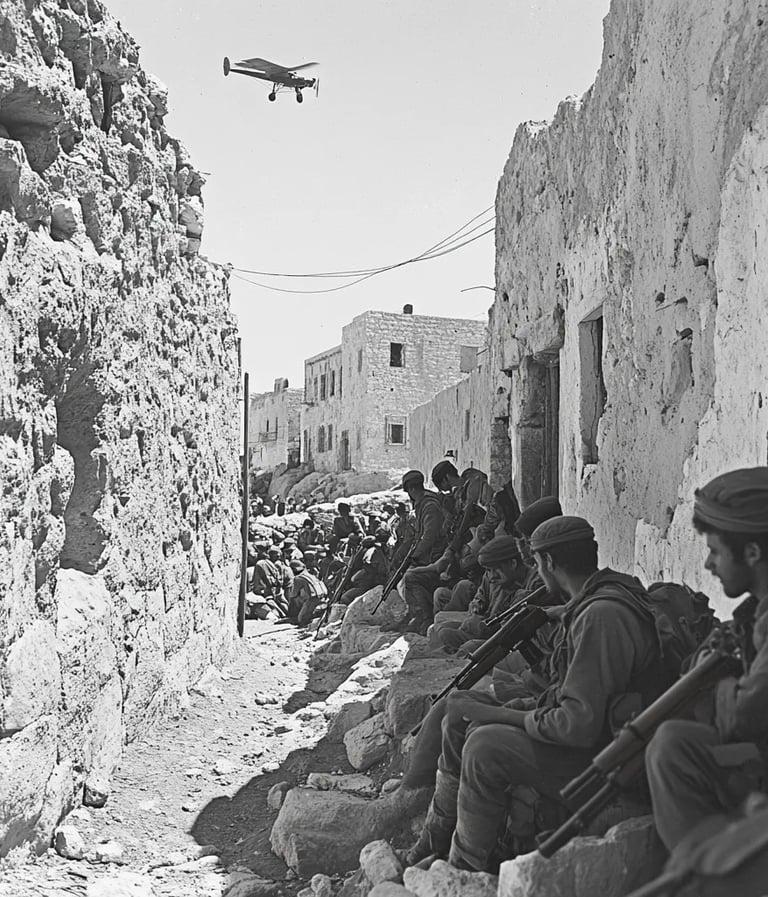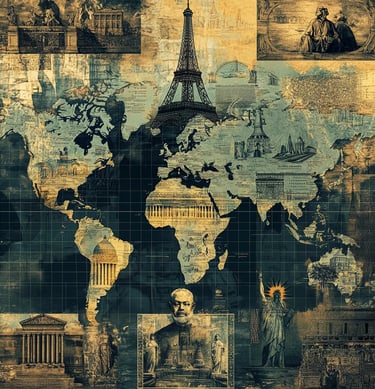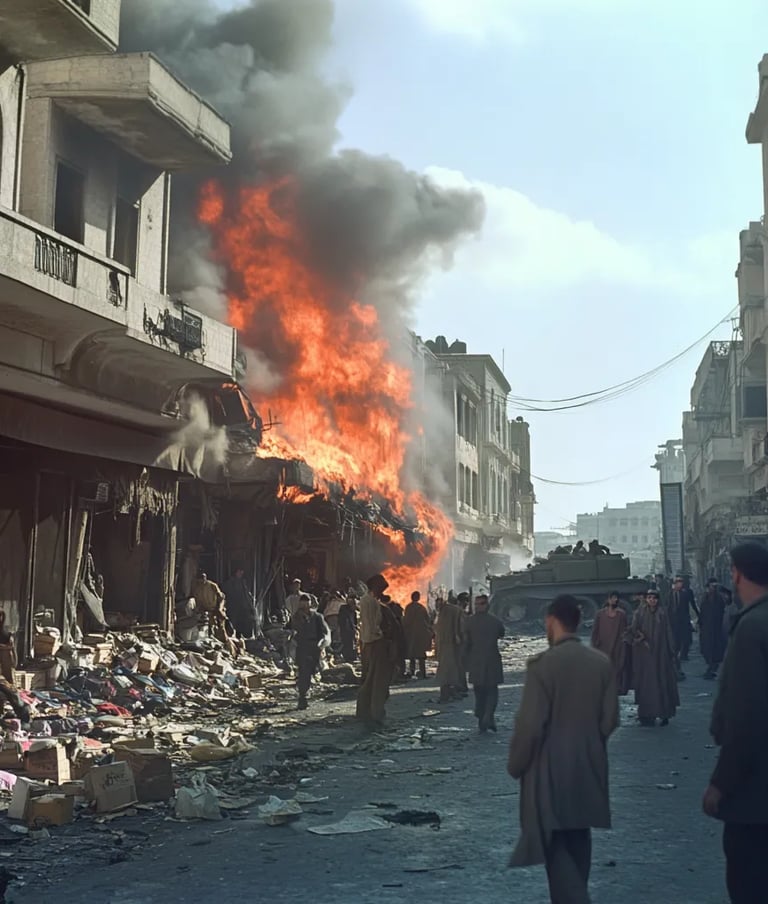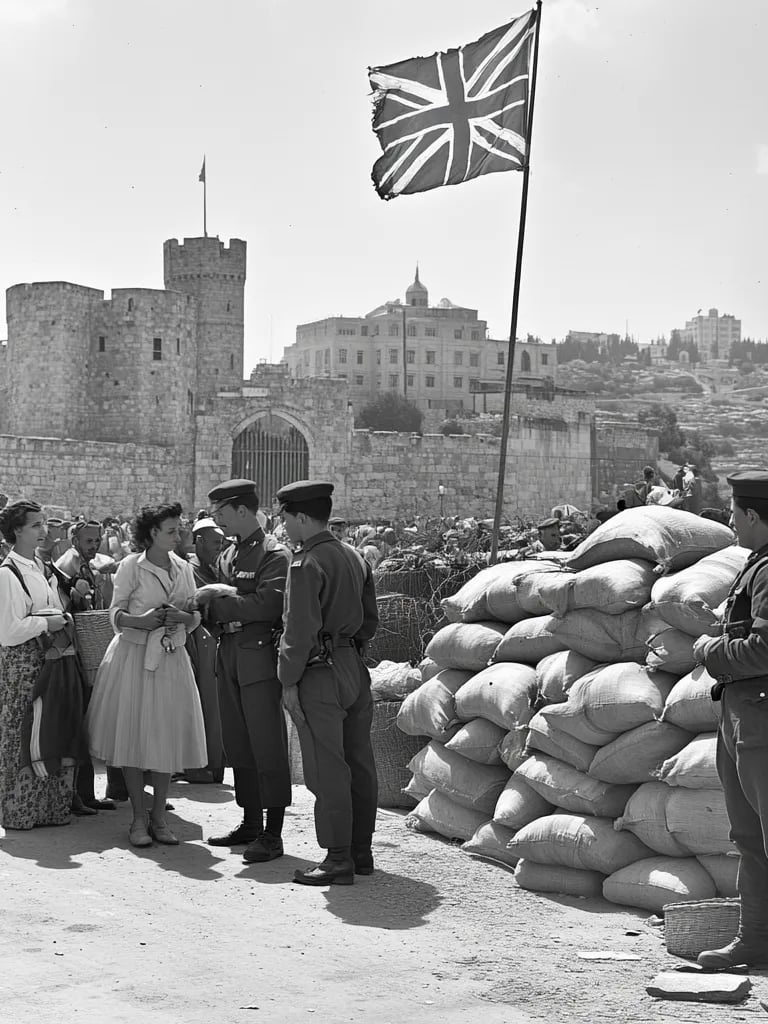Seljuq Turks under Sultan Alp Arslan decisively defeat Byzantine forces at the Battle of Manzikert, capturing Emperor Romanos IV Diogenes. This loss significantly weakens Byzantine control over Anatolia, opening the region to Turkish settlement and altering the balance of power in the Middle East, with long-term consequences for the Byzantine Empire.
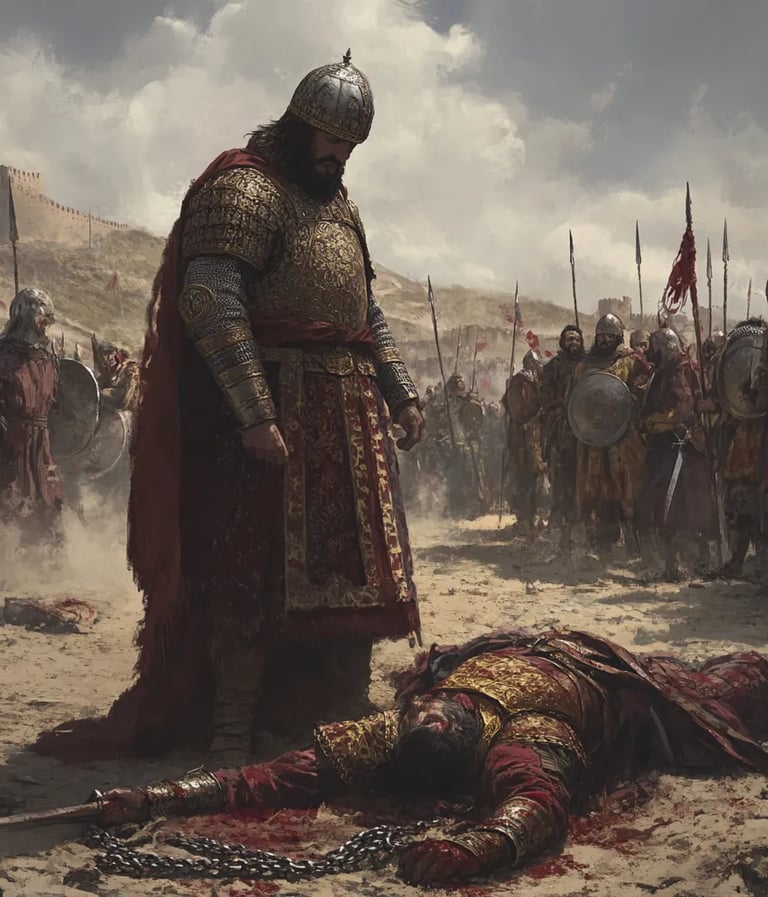

1071 – Battle of Manzikert: Seljuq Turks Defeat Byzantine Emperor
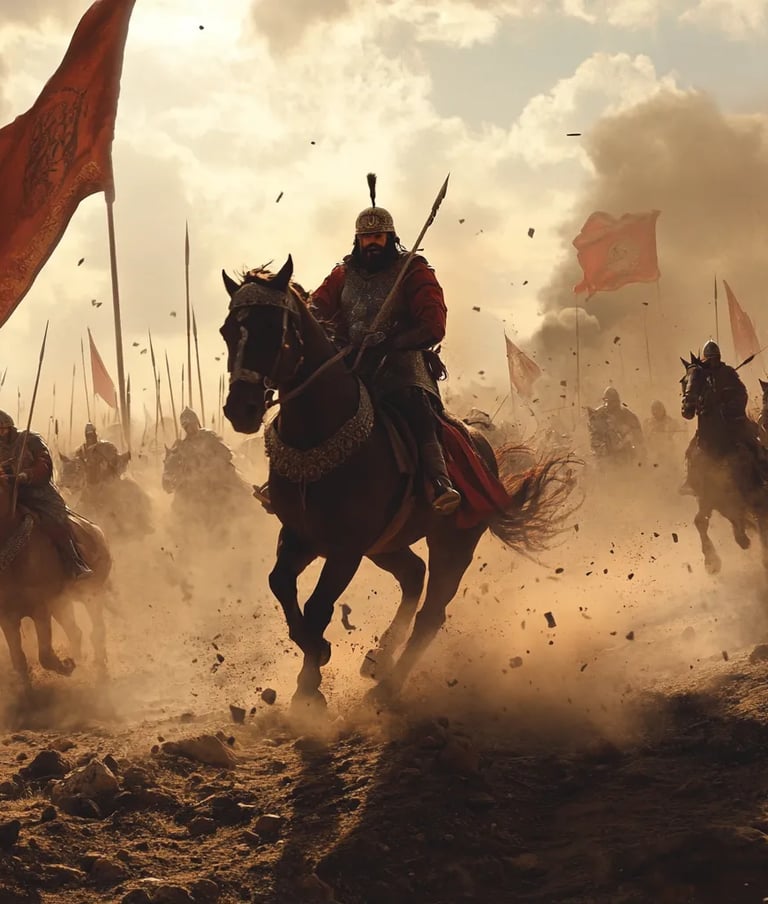

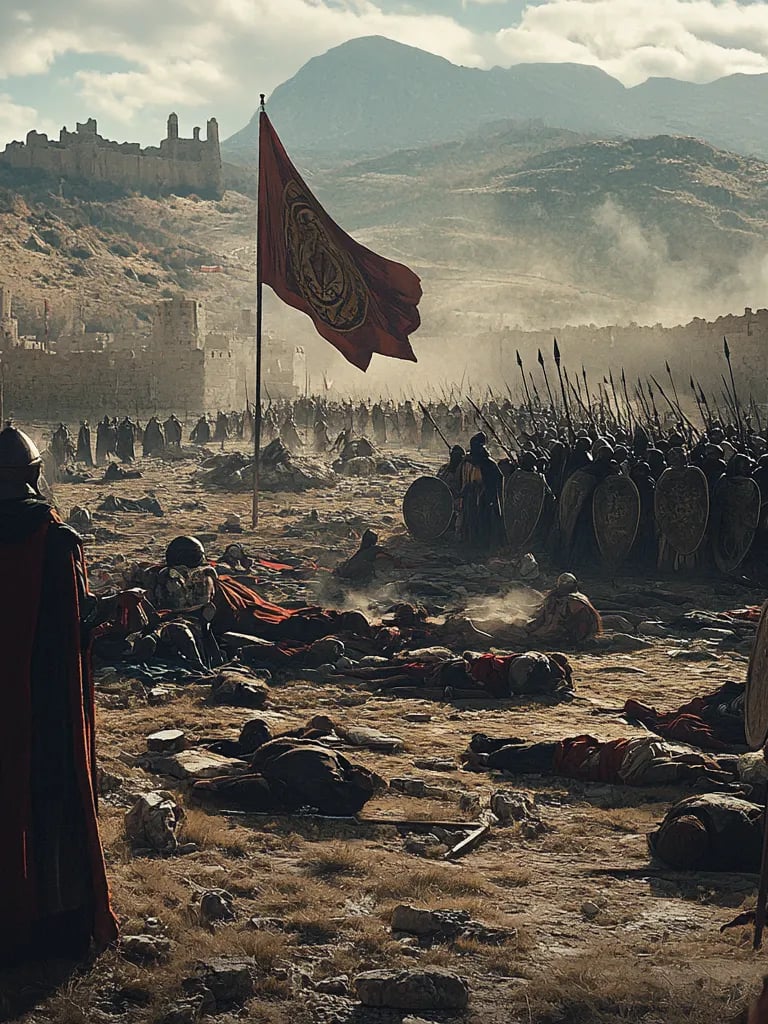

French Cardinal Jean de Bilhères commissions Michelangelo to carve the Pietà, a marble sculpture depicting the Virgin Mary cradling the dead body of Jesus. Completed in 1499, it becomes one of Michelangelo’s most famous works, representing a masterpiece of Renaissance art and devotion, and marking a major milestone in his early career.
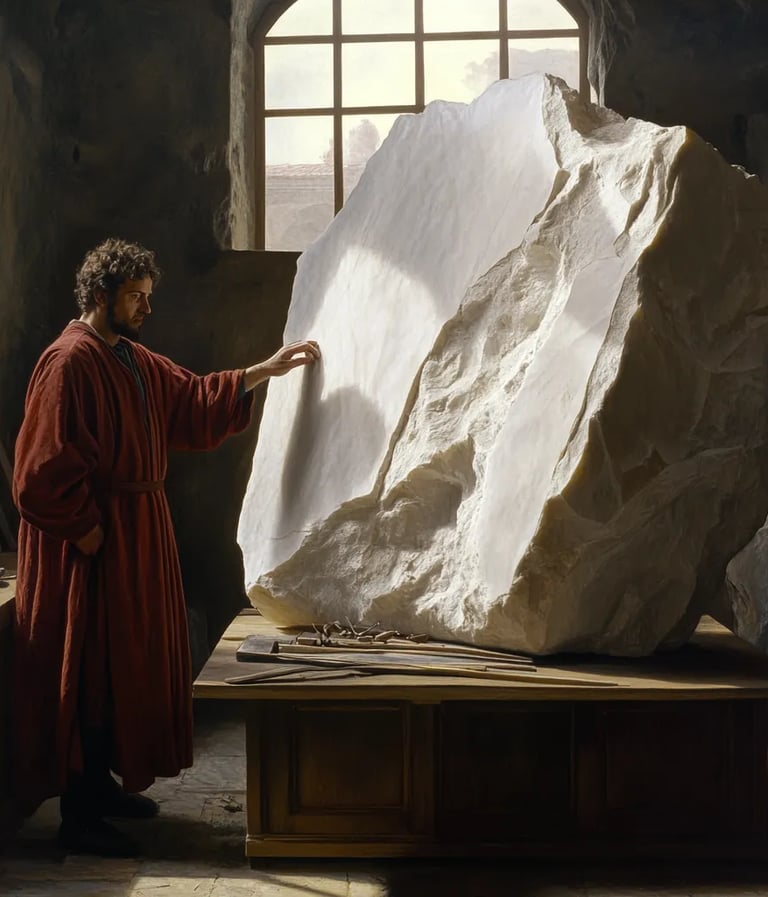

1498 – Michelangelo Commissioned to Carve the Pietà
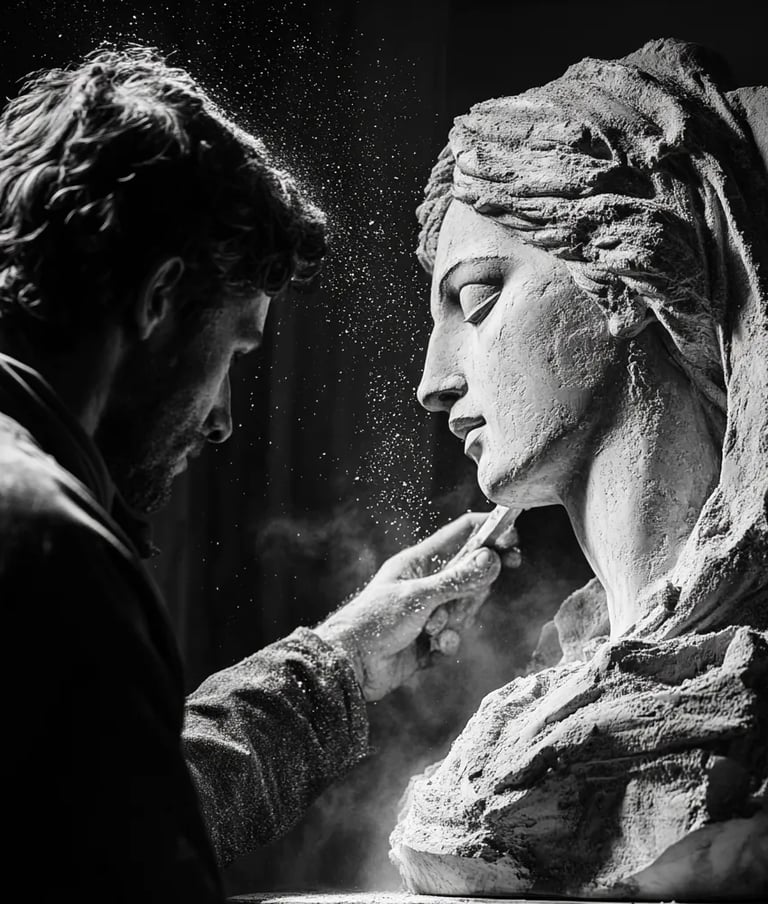

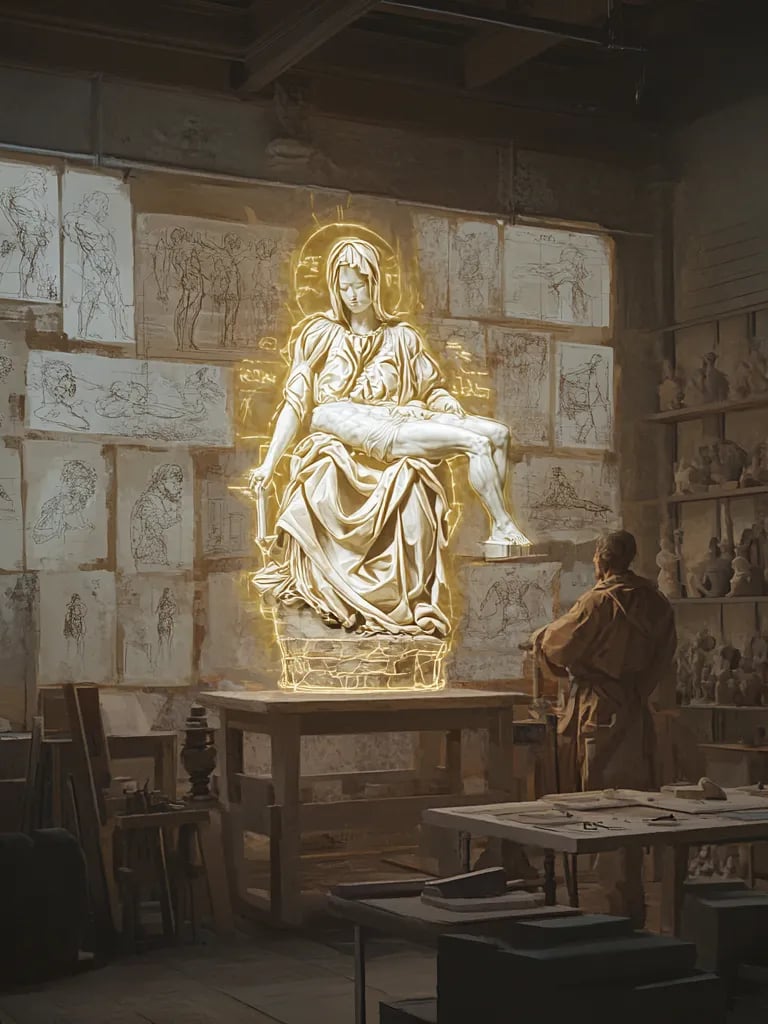

During the First Anglo-Dutch War, the Battle of Plymouth sees the Dutch Republic's convoy, led by Vice-Commodore Michiel de Ruyter, defeat an English attack commanded by General-at-Sea George Ayscue. The Dutch victory ensures the convoy's safe passage, further asserting Dutch maritime strength during this period of Anglo-Dutch rivalry.
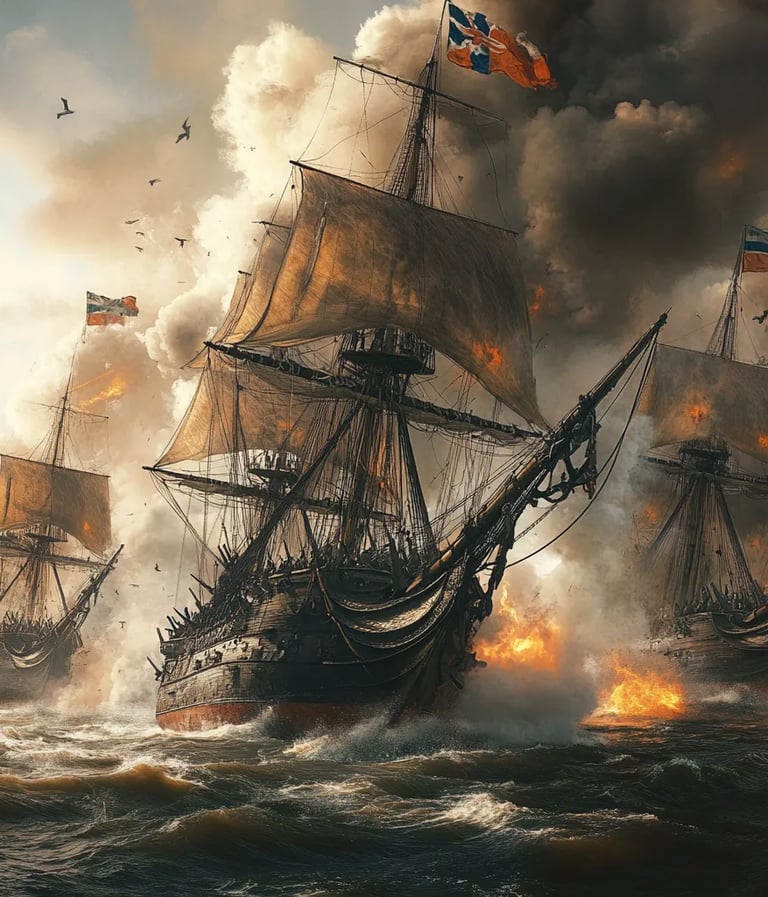

1652 – Battle of Plymouth: Dutch Defeat English Attack
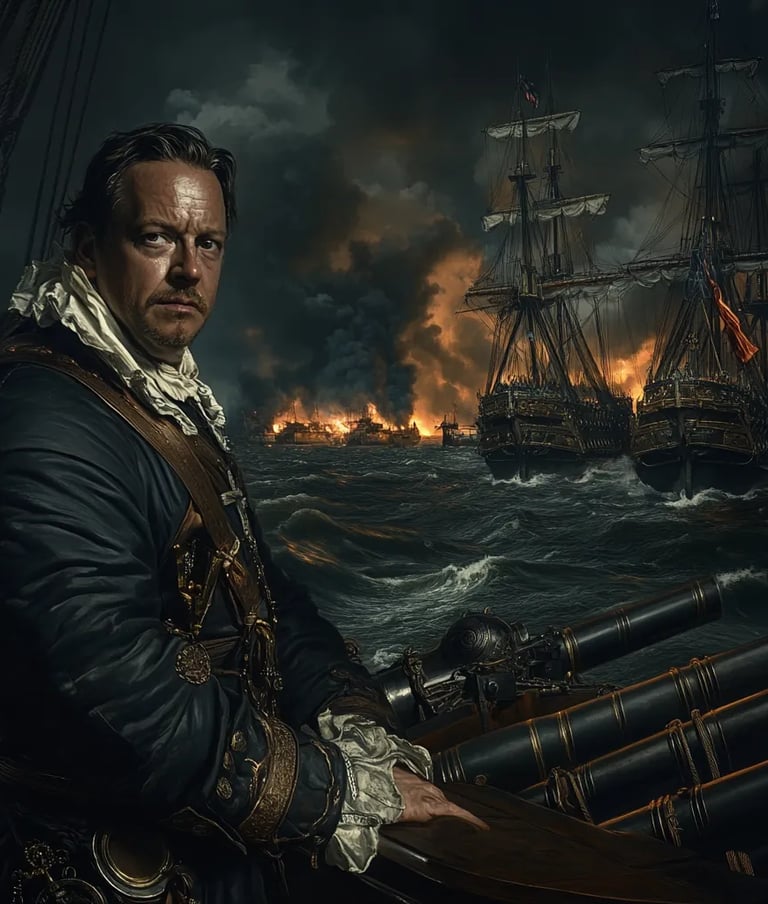

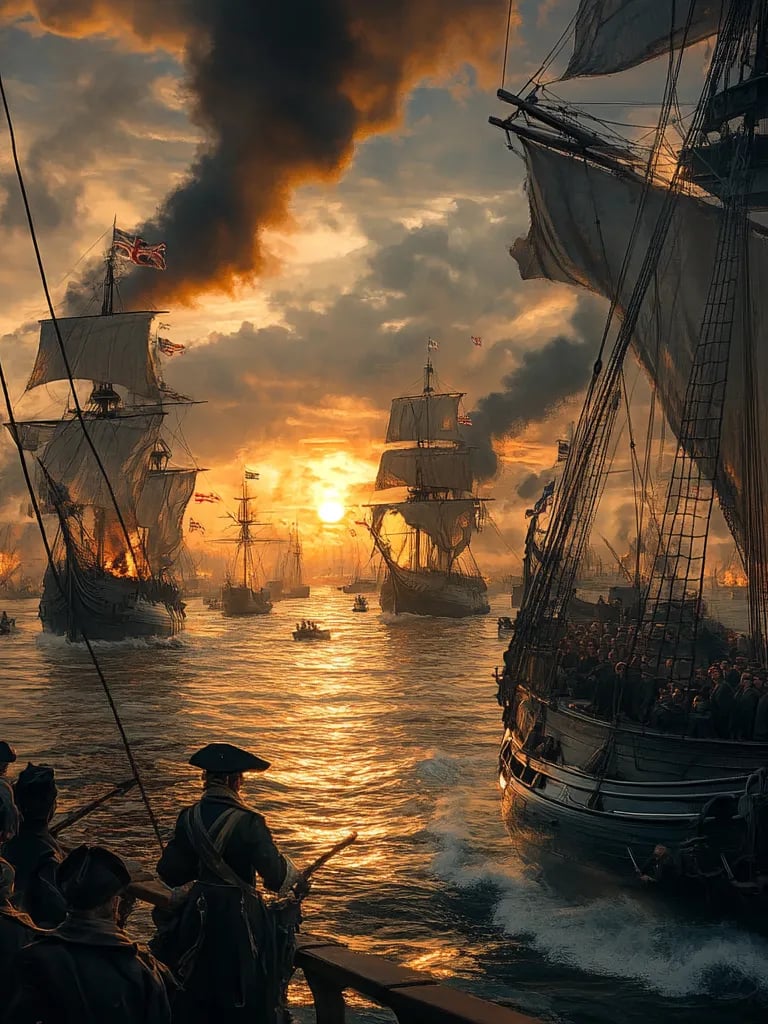

An electric generator at Niagara Falls produces power for the first time, marking a significant achievement in harnessing hydroelectric energy. The project, involving Nikola Tesla’s alternating current system, supplies power to Buffalo, New York. This breakthrough revolutionizes energy production, ushering in a new era of large-scale electricity generation and distribution.
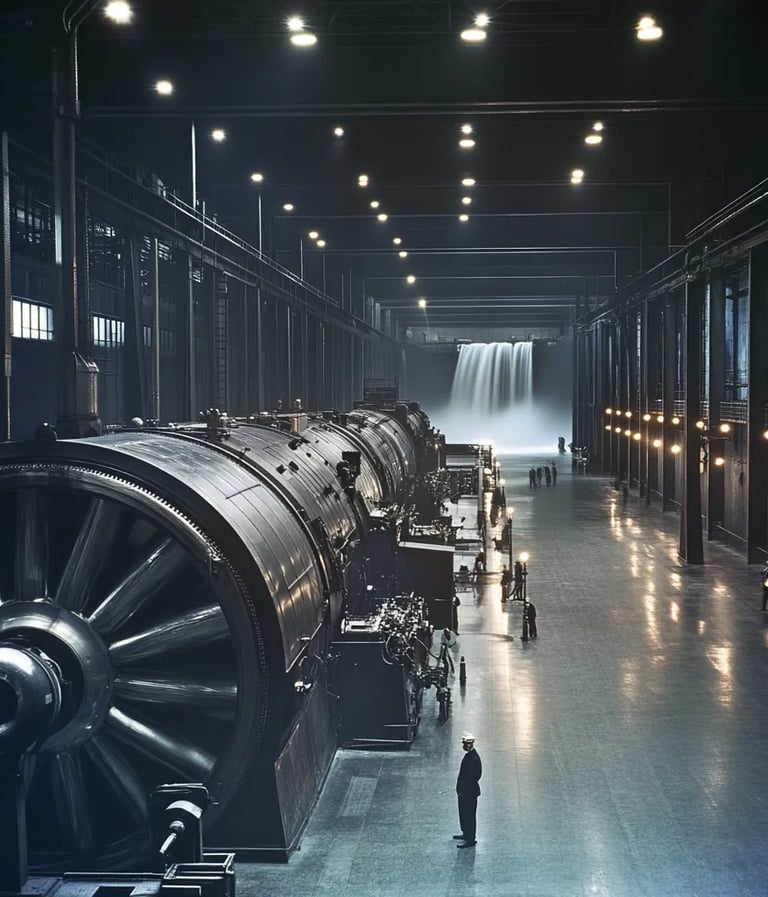

1895 – Niagara Falls Generator Produces First Electric Power
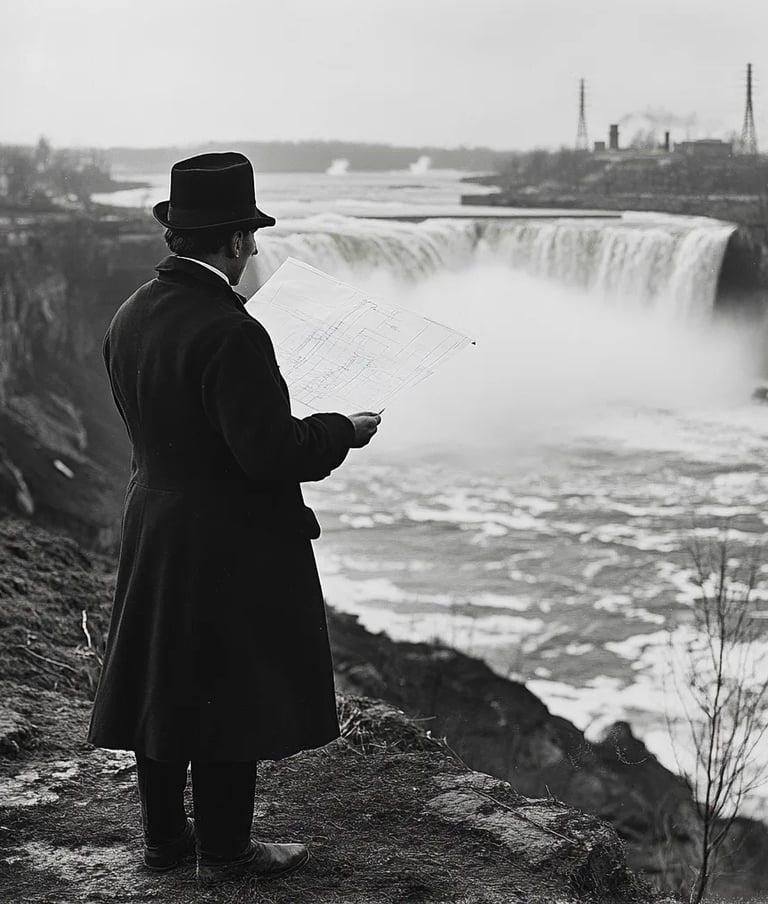

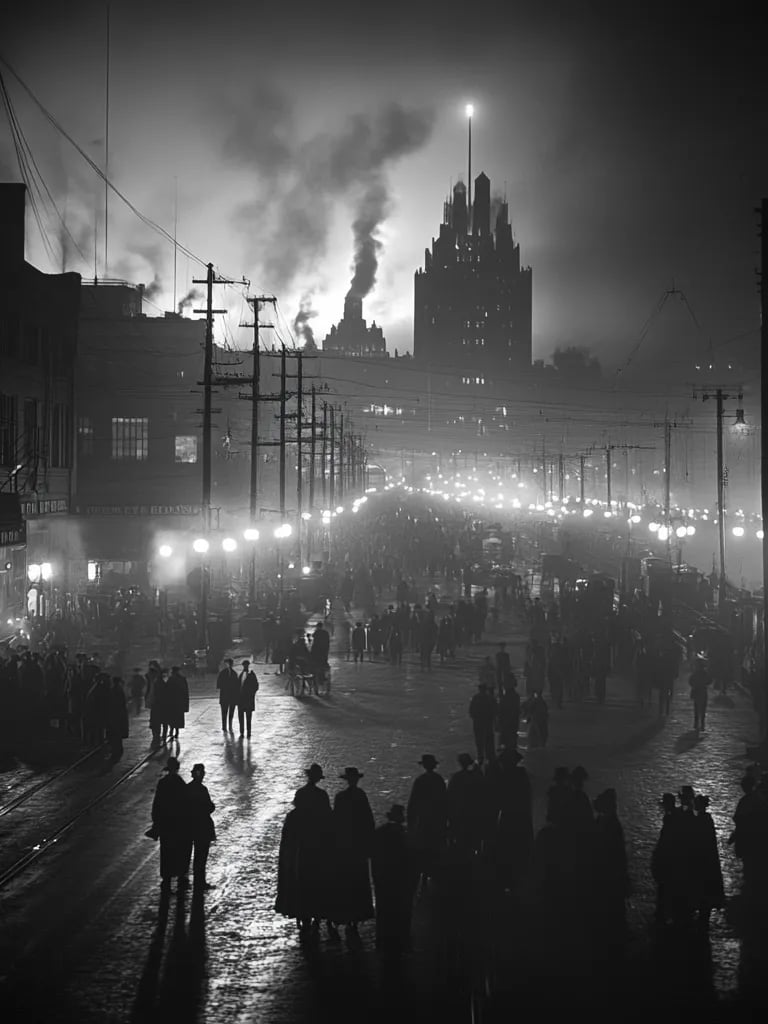

In 1938, British authorities and Arab insurgents engage in violent conflict in Palestine, part of the Arab Revolt (1936–1939) against British colonial rule and Jewish immigration. The unrest reflects rising tensions over land, political control, and national identity, with the British struggling to maintain order amidst growing demands for independence from Arab Palestinians.
